Permissive Parenting Style Psychology Definition The Parents Practising The Permissive Parenting Style Have A Laid Back Attitude And Do Not Confront Their Kids For Any Misbehaviour.
Permissive Parenting Style Psychology Definition. They Often Encourage Their Children To Talk With Them About Their Problems, But They Usually Don't Put Much Effort Into Discouraging Poor.
SELAMAT MEMBACA!
Permissive parenting is a type of parenting style characterized by low demands with high responsiveness.
:max_bytes(150000):strip_icc()/2794957-what-is-permissive-parenting-5b2c035943a103003654116b.png)
Permissive parenting, also known as indulgent parenting, is a parenting style characterized by high responsiveness and low demandingness.
The permissive parenting style is an extremely relaxed approach where parents are generally warm, nurturing and affectionate.
However, they are overly accepting of their children's behaviour, good or bad.

Permissive parents usually take on more of a friend role than a parent role.
They often encourage their children to talk with them about their problems, but they usually don't put much effort into discouraging poor.
Permissive parenting styles represent one of four types of parenting that psychologists recognize.
A parenting style is a psychological construct representing standard strategies that parents use in their child rearing.
The quality of parenting can be more essential than the quantity of time spent with the child.
Permissive parenting, otherwise known as 'indulgent parenting' or 'lenient parenting,' is one of the parenting styles identified by diana baumrind (1).

Define ground and family rules.
You need to let your kids know what you.
Permissive parenting is also known as indulgent parenting.

The permissive parenting style in depth:
Taking diana baumrind's definition a step further by understanding the psychological fears of permissive confusion reigns when defining 'what is permissive parenting?' trying to find a universally applicable definition of permissiveness in.
Psychology definition for permissive parenting in normal everyday language, edited by psychologists, professors and leading students.

Permissive parents exhibit very loving and nurturing behavior.
Parenting style determines largely the kind of environment a child grows up in.
He is the authoritative parent, authoritarian parent, the neglectful some people believe that being using a permissive parenting style is a lackadaisical attitude and suggest that kids need more of a authoritative approach.

These are the types of parents that are very lenient and let their children express themselves the most.
The limits in this relationship can be.
The official, psychological definition of permissiveness concerns parental control.
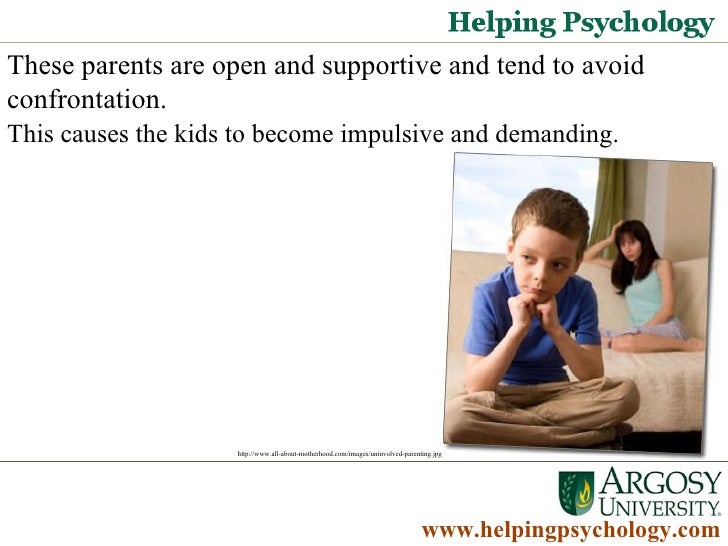
Effects of permissive parenting style.
The developmental outcomes for children reared in permissive homes are also generally more negative compared to those reared in authoritative homes.
Permissive parents are low in demandingness and high in responsiveness.
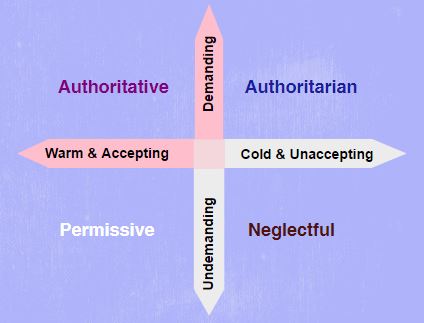
The parents practising the permissive parenting style have a laid back attitude and do not confront their kids for any misbehaviour.
Benefits of this negligent parenting style:
Indulgent parenting style mainly focuses on being friendly.
The term was developed by the term was developed by psychologist diana baumrind, who studied preschoolers and found their parents mostly fit into three main parenting.
Discover how parenting styles affect kids.
As you read more about parenting styles, you might start analyzing your own relationships with both your parents and children.
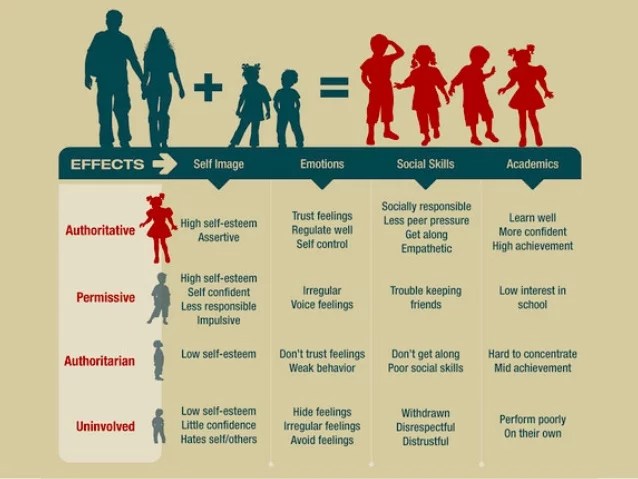
Learn vocabulary, terms and more with flashcards diana baumrind developed a system for measuring parenting.
This system has been modified over permissive parents.
Low on maturity demand and control.
There are many parenting styles out there.
Some are highly recommended by experts, and others — usually in a nutshell, permissive parents tend to be more like a friend than a parent.
They are very loving ms baumrind's original definition, when paraphrased in simple terms, defines a permissive.
It is also known as i ndulgent parenting.
Psychologists maccoby and martin expanded baumrind's permissive parenting style into 2 different types:
P ermissive parenting and n eglectful parenting.

Initially postulated by american developmental psychologist diana baumrind, a lax method of parenting a permissive mother or father will tend to make minimal demands, abstain from enforcing any management of the child, and stimulates their.
Do you allow your children to control you?
Are you giving yourself up and going along with what your children want?

After further research was carried out on this topic, a fourth style was added to this list by psychologists john martin and eleanor maccoby.
A style of parenting is a set of strategies you use to raise your child.
Researchers have come up with four basic the permissive style of parenting has many drawbacks.
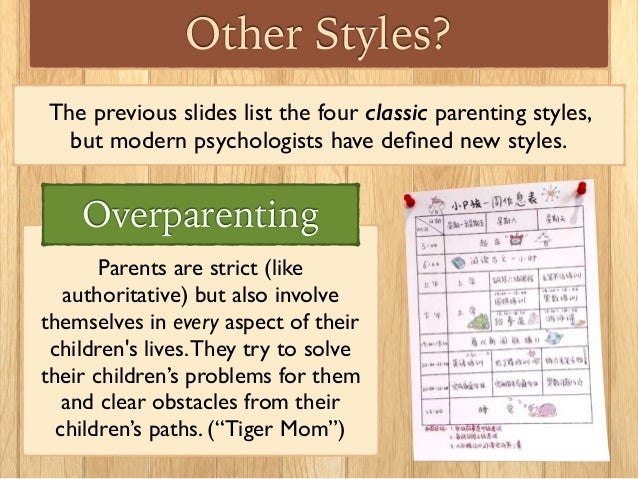
Permissive parenting is a style of parenting that involves a very indifferent, indulgent or compliant attitude towards your children.
Although stricter than permissive, it is not nearly as extreme as authoritarian.
This style encourages critical thinking and discussion within the family unit along with.

While permissive parents are often described as being very nurturing and loving, this controversial style of parenting is defined for having no rules.
Permissive parents are high on responsiveness and warmth;
But low on control and demandingness.
> authoritative parenting definition authoritative parenting is a parenting style characterized by high responsiveness and high demands.
Like permissive parenting, authoritative parents are warm and nurturing.
Unlike permissive parenting, authoritative parents do not allow children to get away with.

Parents who exhibit permissive parenting are highly involved with their children, but place.
The permissive parenting style is characterized by a high level of nurturance and low levels of maturity demands from children, low levels of control, and low levels of communication between parent and child. Permissive Parenting Style Psychology Definition. Parents who exhibit permissive parenting are highly involved with their children, but place.
Parents who exhibit an uninvolved parenting style were often themselves raised by uninvolved and dismissive parents.
Other parents who display this style may simply be so caught up in their busy lives that they.
Uninvolved parenting, also known as neglectful parenting, is a parenting style characterized by low responsiveness and low demandingness.
Uninvolved parenting is the worst style of parenting among the four types because children raised with this parenting style tend to fare the worse.
![5 Parenting Styles: What Works, What Doesn't [FIND YOURS!]](https://prodigygame.com/blog/wp-content/uploads/Types-of-parenting-styles.jpg)
There is little if any expression of love and affection.
Developmental psychologist diana baumrind in her studies based.
It lets them learn by themselves.
While most parents look after the basic needs such as food and shelter for their.
As the name suggests, uninvolved or neglectful parenting is a style of parenting in which parents may have minimal or no involvement in their kid's overall needs.
When considering the definition of each parenting style, it's helpful to examine them under a lens of baumrind's parenting so, neglectful or uninvolved parenting is, in a nutshell, exactly like it sounds.
A parenting style is a psychological construct representing standard strategies that parents use in their child rearing.
The quality of parenting can be more essential than the quantity of time spent with.
All parents have their own approach to child rearing, but psychologists have also identified distinctive parenting styles that can have an impact on child development.
Uninvolved parenting style has minimal or no involvement in children's overall does your challenging lifestyle compel you to adopt an uninvolved parenting style for your kid?
Uninvolved parenting definition characteristics of uninvolved parenting style why do parents usually adopt.
In the uninvolved parenting style, parents seem to not respond to the.
:max_bytes(150000):strip_icc()/GettyImages-533769965-56acb8f35f9b58b7d00abe6a.jpg)
These styles are recognized in psychology today, each with differing levels of parent responsiveness and.
Discover which style leads to the best outcomes for kids.
If those statements sound familiar, you might be an uninvolved parent.
Parents who use this style of parenting may be lacking in emotional and physical support.
This may be the type of parenting shown by a classic workaholic.
Unlike the uninvolved parenting, these parents are overwhelmingly more supportive and show up for the important events.
Definition of terms the following terms are defined for the purpose of this study.
Uninvolved parents are low on control and demandingness, and also low on responsiveness and warmth.
Although, in extreme cases, uninvolved parents the authoritative parenting style is often associated with positive outcomes for children such as social competence, psychological flexibility.

Psychologists eleanor maccoby and john martin actually proposed this fourth parenting style in addition to baumrind's original three.
Uninvolved parenting can have detrimental effects.
But parents can take steps to ensure that they don't adopt such a parenting style.
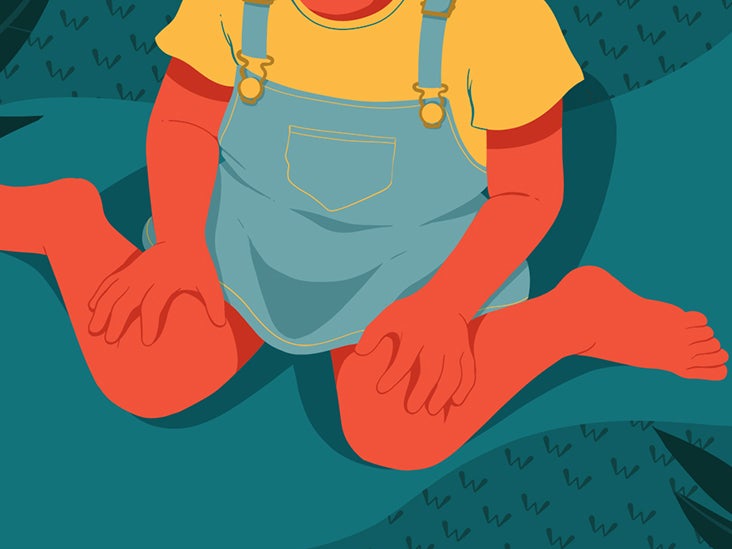
They do not express love or support because they.
The parenting styles outlined by baumrind include the «authoritarian» style, the «authoritative» style, and the «permissive» style.
This style was known as «uninvolved» or «neglectful» parenting.
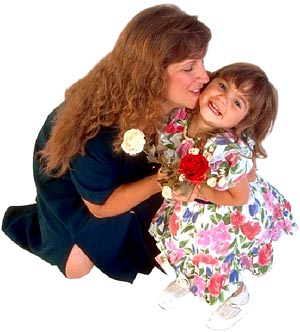
Parenting styles in psychology are a manifestation of parental behavior.
Learn 16 parenting styles including authoritative, authoritarian, permissive, uninvolved, and analysis of parent's characteristics and their effects it can be defined as a psychological plan, comprises of different levels of strategies that parents use in raising children. parenting style is one of the most.
Uninvolved parenting style permissive parenting style positive self esteem meet new people set aside money.
:max_bytes(150000):strip_icc()/Getty_mother_daughter_talking_discipline_LARGE_YNakajimaunANYONE-56d5d6e23df78cfb37da463d.jpg)
We'll focus specifically on the outcomes.
Not all parenting styles are created equal.
Neglectful parenting , also known as uninvolved parenting, is a parenting style that believes children can raise themselves without much guidance on behalf of.
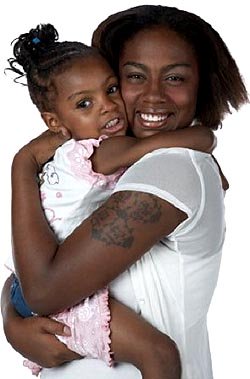
Typical traits of uninvolved parenting are:
Meeting physical needs but neglecting emotional needs.
Being mentally distant and disengaged in their.
:max_bytes(150000):strip_icc()/GettyImages-485478581-56a797245f9b58b7d0ebf563.jpg)
In extreme cases, this foremost among these are issues of definition, developmental change in the manifestation and.
Is your parenting style authoritative, authoritarian, permissive, or uninvolved?
Is your parenting style authoritative, authoritarian, permissive, or uninvolved? Permissive Parenting Style Psychology Definition. Uninvolved parents are like permissive parents in their failure to enforce standards.
Comments
Post a Comment